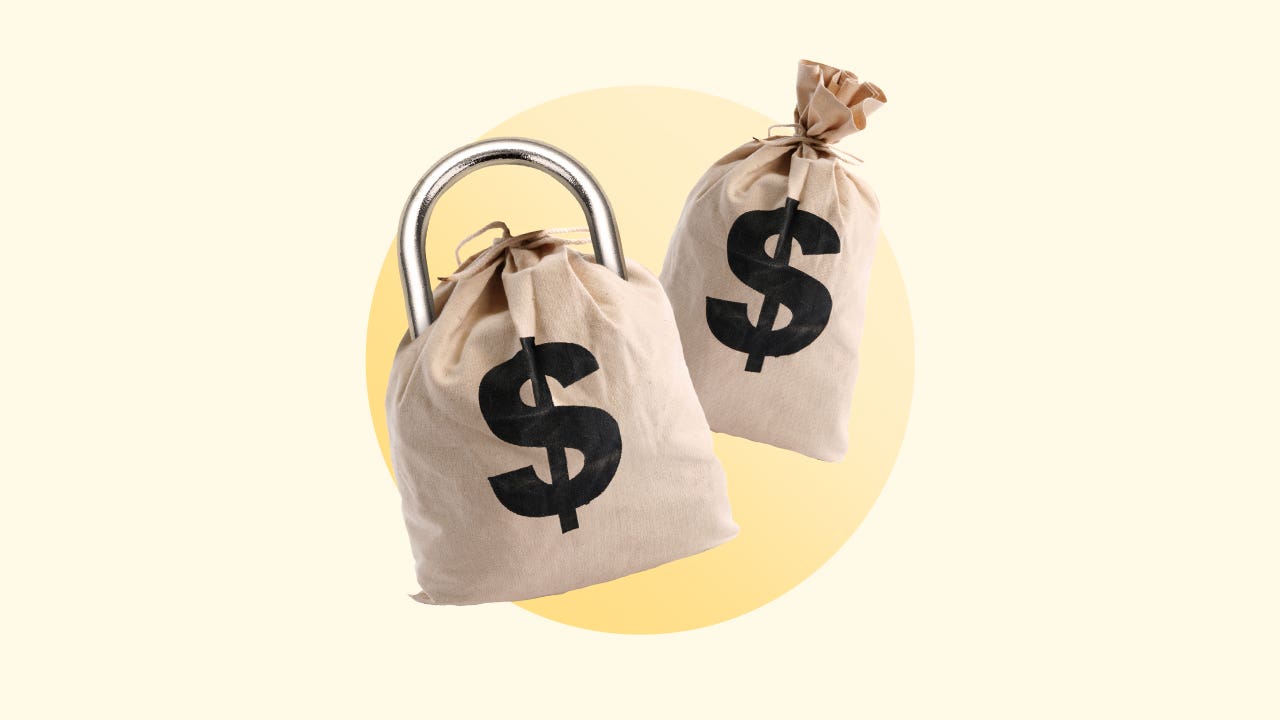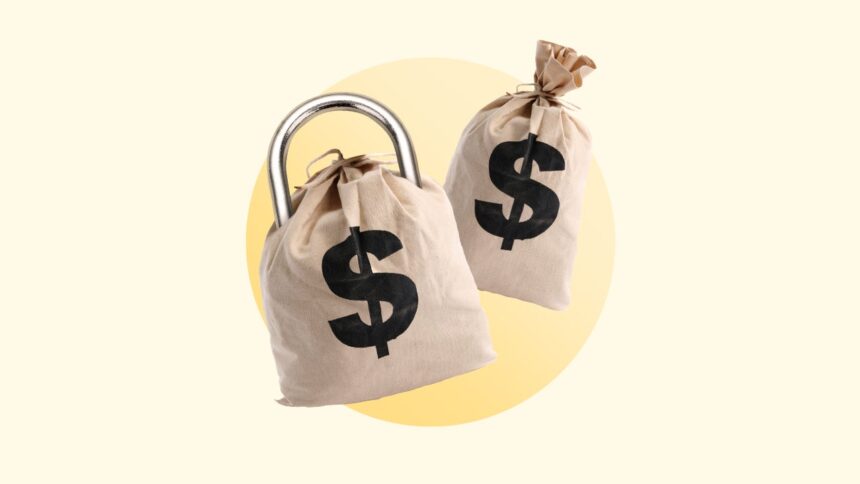
gettyimages;Illustrated by Hunter Newton/Bankrate
When considering business loan options, you should consider whether to get a secured loan or an unsecured loan. A secure loan requires the borrower to provide something of value as collateral, such as business equipment, real estate, vehicle accounts receivable, inventory, or other assets. If the borrower is the default, the lender can grab the collateral as a repayment.
Unsecured business loans do not require collateral, but may require personal guarantees. With personal guarantees, the lender will allow you to pursue your personal assets in court, like your home, if you do not pay. Below are some important details to consider when deciding on a secure and unsecured business loan.
Unsecured or unsecured small business loans: What’s the difference?
While unsecured business loans come with similar terms and functions, there are some important differences to consider.
| Safe business loans | Unsecured Small Business Loans |
|---|---|
| Collateral is required | No collateral required |
| Low interest rates | Higher interest rates |
| Available to borrowers with low credit history or low credit scores | You may need a higher credit score |
| If the borrower is the default on the loan, the lender can grab the collateral | Litigation necessary to begin collecting default loans |
| Borrowing restrictions are usually higher as there is collateral to support the loan | Loan restrictions may be low as the loan is not supported by collateral |
| Personal warranty may be required | Usually, a personal guarantee is required |
| Revenue requirements may be low | It may have higher revenue requirements |
Pros and cons of a protected business loan
Keep these advantages and disadvantages in mind before applying for a secure small business loan. Some business loans are protected by that type, such as equipment loans that use equipment purchased using the loan as collateral.
Strong Points
- Lowest interest rates than unsecured loans
- In many cases, lenders allow higher borrowing restrictions
- It’s easier to qualify for a safe loan
Cons
- Borrowers must have assets that can cover 80% to 100% of the loan
- It is a potentially time-consuming step that requires evaluation of collateral.
- Lenders can seize assets that will be used as collateral if they fail to repay the loan
Pros and cons of unsecured business loans
Unsecured business loans also have advantages and disadvantages that are worth considering. Examples of unsecured business loans include term loans, business line credit lines, and merchant cash advances.
Strong Points
- No business collateral required
- There may be faster funding due to no assessment process
Cons
- It could be more expensive
- There may be strict eligibility requirements
- The loan amount may be low
Unsecured or unsecured small business loans: Which is correct for me?
Determining whether a secured or unsecured business loan is suitable for you often depends on your needs, whether you have collateral, and the terms of the loan you want.
Many lenders offer low-risk buyers lower interest rates and longer or more favorable repayment terms. If you don’t have a full credit score, providing collateral will reduce the risk to the lender.
A protected loan is suitable for:
- There are business assets to secure loans.
- You have poor credit and cannot qualify for an unsecured business loan.
- You want higher loan amounts and more favorable loan terms.
Unprotected loans may be better.
- There are startup businesses that lack assets and use personal assets as collateral to make a comfortable pledge.
- You need cash immediately and don’t want to wait for your assets to be valued.
- You have strong credit and business finances, which makes it easier to get low interest rates without collateral.
If you are able to qualify for both protected and unsecured business loans, weigh the benefits and risks of each before deciding what’s best for you.
Conclusion
Both unprotected small business loans can help business owners who need working capital or long-term financing. However, choosing the right type depends on several important factors, such as your credit score and available assets.
If you are not eligible for either type of small business loan, there are options to consider. These include personal loans and business credit cards. Both may qualify, but business credit cards can help you build business credits and lead to improved funding options in the future.










